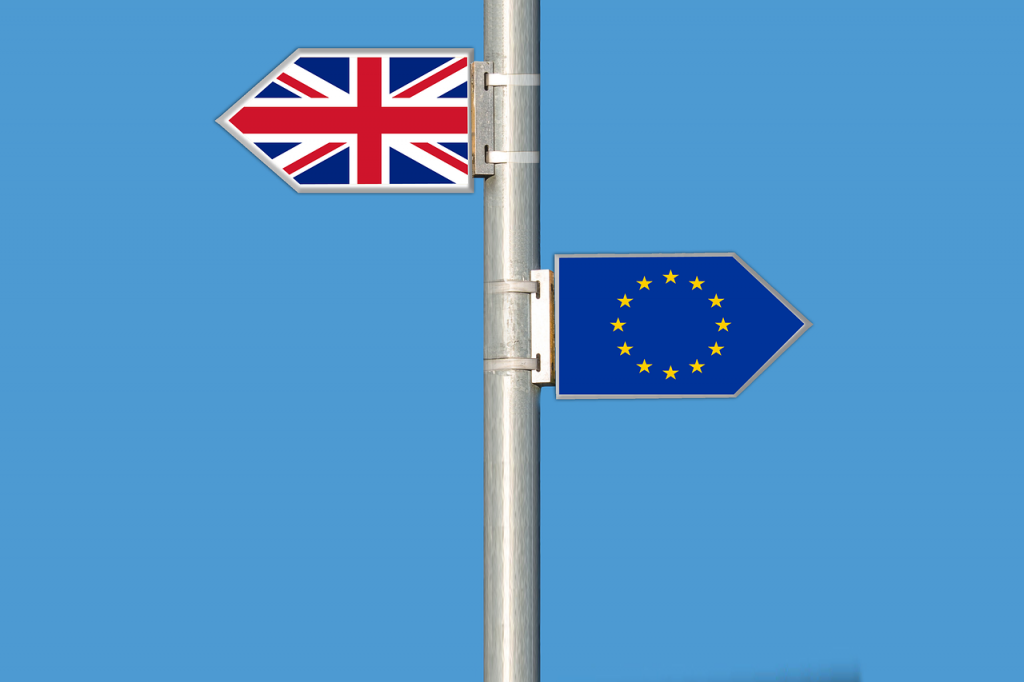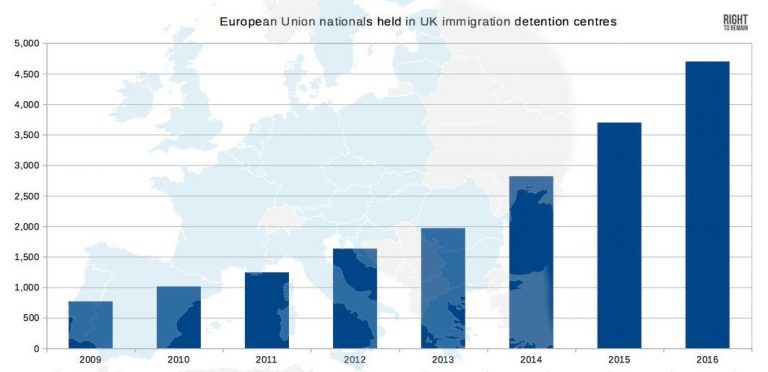Since the Brexit referendum we have, not surprisingly, been contacted by lots of people asking about the situation for European nationals and their families.
It’s been a difficult question to answer because there’s still so much uncertainty about what the legal situation will be after Brexit – it will depend on negotiations and perhaps new agreements with EEA states.
There have, however, been some really useful resources put out to explain the current situation, what may change, and what people can do to be in the strongest position possible when the UK leaves the European Union.
The information service of the Immigration Law Practitoners’ Assocation (ILPA) have produced a series of factsheets on topics including the rights of EEA/Swiss workers, self-employed people, students, self-sufficient persons and who needs to hold comprehensive sickness insurance cover to qualify under European Union (EU) law for a right of residence in the UK and how this requirement can be met. Find the factsheets here.
The Joint Council for the Welfare of Immigrants (JCWI) have produced a guide for EEA nationals and their family members, which you can read here.
Top immigration barrister Colin Yeo has produced a series of comprehensive e-book guides on important topics such as applying for permanent residence (see below). You can find these free ebooks here.
There is also important information that EEA nationals should be aware of right now – such as the EEA/EU nationals who are being detained in increasing numbers:
Read more about detention in our Toolkit here.
Additionally, homeless EEA nationals being picked up en masse in a very disturbing development. See information about this, including info cards in different languages, from the campaign group NELMA here.
As JCWI point out in their guide, “EU free movement law and UK immigration law are vastly complex”. This blog post is not legal advice – it is an overview of the current general information available.
When will the UK leave the EU and what will this mean for EEA nationals?
On 29 March 2017, the UK Prime Minister Theresa May triggered Article 50 of the Treaty of the European Union – notifying the EU Council of the UK’s intention to withdraw from the EU. By April 2019, the UK will automatically cease to be a member of the UK, and will no longer be bound by EU treaties. EEA/Swiss nationals and their dependent family members resident in the UK will lose their right to reside in the UK under EU law, and any right to reside will depend on new agreements between the UK and EU members states.
There may be different levels of rights for different nationalities, or for the different reasons to come to the UK. The date on which you entered into the UK, or entered employment, may become relevant to your rights under new agreements, or alternatively rights may be decided based on presence in the UK by a different date eg the date of the UK’s exit from the EU, or the date of Article 50 being triggered.
If I have permanent residence in the UK, will I be safe?
Under EU law, after five years of continuously exercising your treaty rights in the UK as an EEA/Swiss national, you and your family are entitled to ‘permanent right of residence’ in the UK.
From ILPA factsheet:
A person may gain permanent residence having undertaken qualifying activities in one of these categories or in a combination of these during the relevant five-year period. For example, they may have resided as a student for two years before becoming a worker for the following three years. Permanent residence may also be acquired by workers or self-employed persons earlier than five years in certain circumstances.
ILPA factsheet on permanent residence
There is no guarantee that EEA nationals with permanent residence will be able to stay in the UK after Brexit, but this is the category of people who are most likely to have their right to stay guaranteed.
You don’t actually need residence documents to confirm your legal residence in the UK under EU law – if you are exercising your “treaty rights” you are legally resident. If you have been meeting the criteria for permanent residence for five years in the UK, you are a permanent resident. You don’t technically need a document from the UK to prove this.
However, given the uncertainty of the current times and post-Brexit situation, it is likely to be useful to have documentation that proves your permanent right of residence to demonstrate your rights, especially if a new process emerges for establishing your right to stay in the UK.
It is also a good time to be thinking about how you can prove how long you have been in the UK, that you have been exercising your treaty rights and that there hasn’t been a break or gap in meeting the criteria. What paper trail do you have (such as utility bills, payslips, records of study)? Are there documents that you don’t currently have to prove this, but you could obtain them? You should start trying to do this as soon as possible.
JCWI advises: “If you find you don’t meet the requirements you will still have time to gather new evidence, or to work to fulfill them.”
How do I apply for permanent residence?
From the ILPA factsheet:
Most applicants may apply for permanent residence documents using an online application process. Otherwise applications must be made using Home Office form EEA (PR).The online process can be combined with the use of a local authority service for checking passports so that these can be retained by the applicant and their family members while the application is considered. The application needs to be submitted with a valid passport or identity document for each applicant, documents confirming the family relationship where relevant, and with evidence demonstrating that the EU citizen exercised Treaty rights during a continuous five-year period and that they have not since been absent from the UK for more than two years. It is also necessary to pay a fee with the application of £65 for each person.
EU citizens are issued with a document certifying permanent residence. Family members from outside the EEA and extended family members are issued with a permanent residence card.
The Home Office is legally required to issue documents within six months.
Find the free ebooks on applying for permanent residence here
Should I apply for British citizenship?
JCWI point out that although being a British citizen is the only way to completely guarantee your continued right to live and work in the UK (while there is no certainty on who will retain rights after Brexit), there are also potential disadvantages to this:
“If you have been in the UK for six years, exercising treaty rights, and you have obtained proof of Permanent Residence, you can apply for British citizenship, as can any of your family members who are in the same position. Please note that acquiring British citizenship will cause any family members relying on your status as an EEA+ national to live in the UK to potentially lose these rights.”
See ILPA factsheet on EEA nationals and British citizenship.


















Discussion: